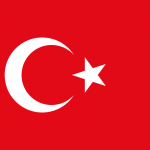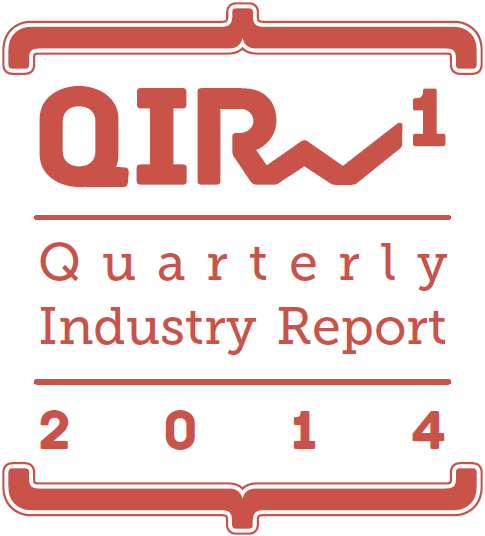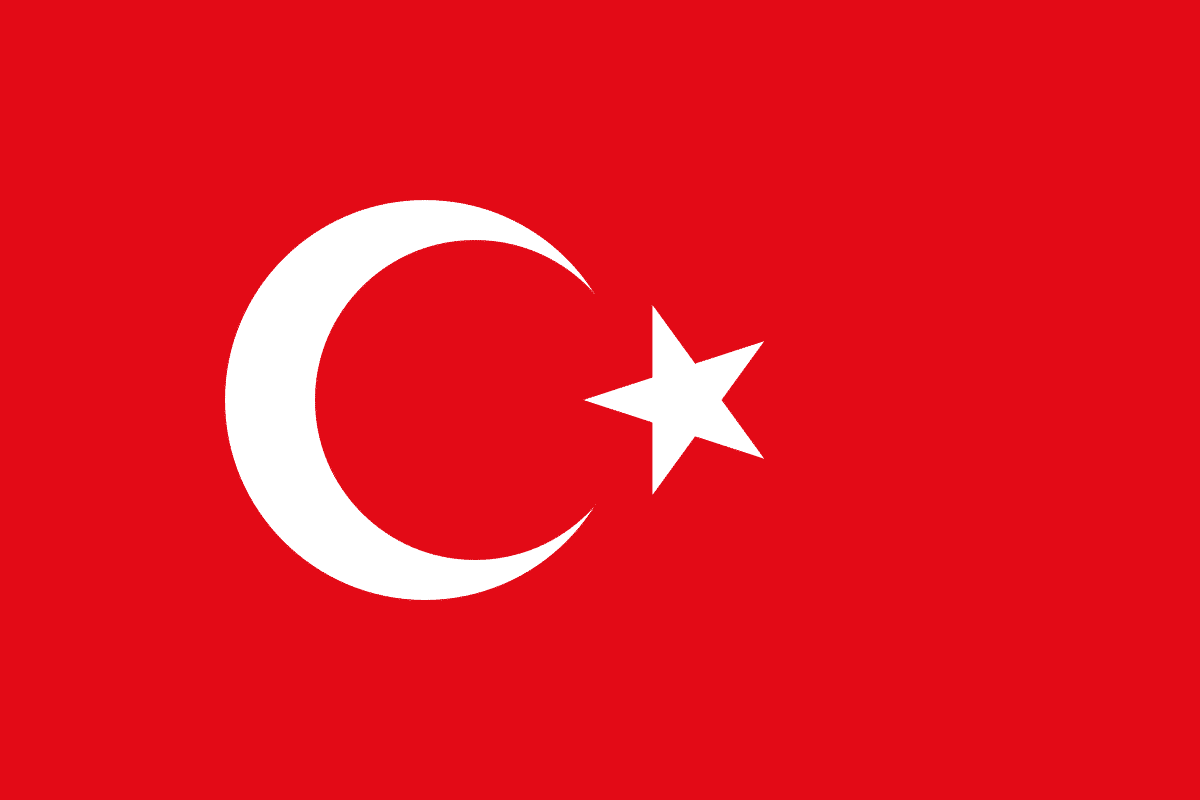With geopolitical tension rising in Eastern Europe, the Middle East and Southeast Asia combined with the Fed tapering, developing countries are expected to suffer a multitude of economic and political crises over the course of the coming year and beyond. Such monumental events are bound to have effects on the trading behaviour of both institutional and retail FX investors and therefore also on the online brokerage industry that caters to them.

Since 2011, when the country’s financial watchdog authorized and regulated foreign exchange as an asset class, the Turkish FX industry has quickly reestablished itself with over twenty successfully competing firms today. And while no economy is exactly like another, being a part of the so called "Fragile Five," a term coined by Morgan Stanley to describe the most concerning emerging markets including also Brazil, Indonesia, India and South Africa, Turkey serves as a good example of what's expected to come.
Do trading volumes go down due to fear of the unknown or go up with the increased Volatility associated with any crisis? Are foreign and domestic investors attracted to the currency pairs of countries discussed in the news or do they prefer to shift their investments outside the troubled area? These questions and more are essential to the performance of FX brokers.

In our Q1 2014 Industry Report, Forex Magnates examines the lessons of the recent political situation in Turkey as well as the current example of the troubles in Ukraine to help draw conclusions on how FX trading volumes and trends might be affected during times of crisis anywhere in the world.
This analysis, and many other interesting articles and much more data, all crucial resources to successfully understanding the FX industry at 2014, are what makes the Forex Magnates Q1 2014 Industry Report a must have for any serious player in the Forex market. The report can be previewed here.


















